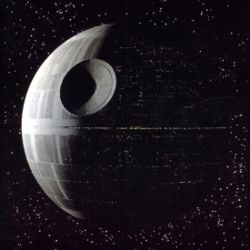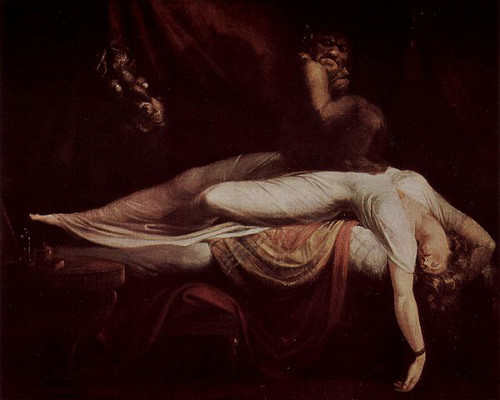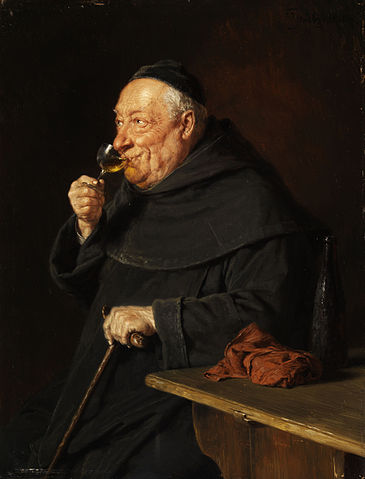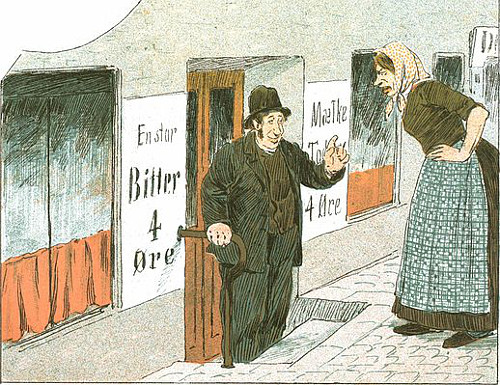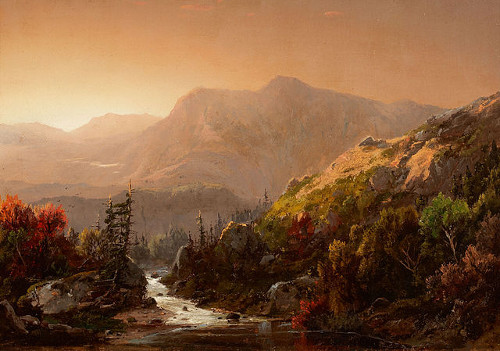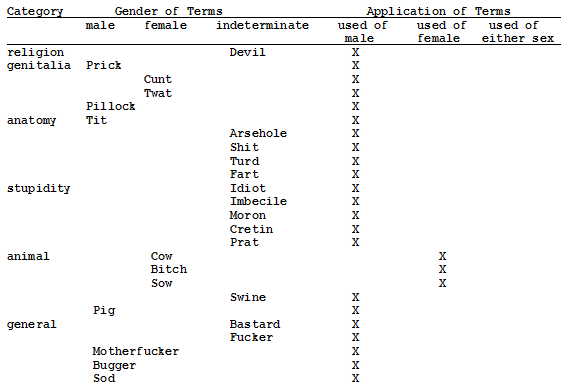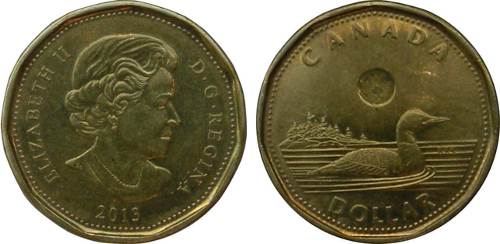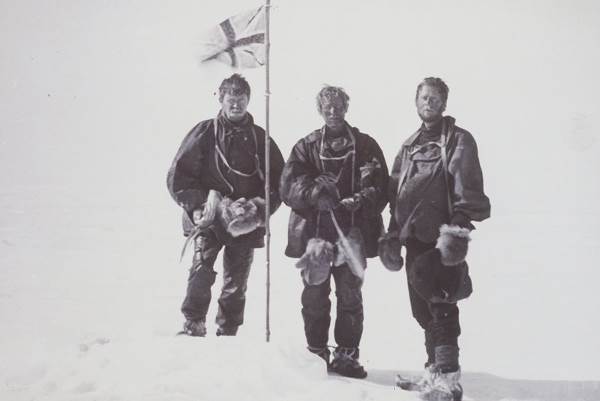
interturb
v. to disturb by interrupting
In late 1908 Douglas Mawson, Alastair Mackay, and Edgeworth David left Ernest Shackleton’s party in hopes of discovering the location of the South Magnetic Pole. On Dec. 11, while Mackay left the camp to reconnoiter, David prepared to sketch the mountains and Mawson retired into the tent to work on his camera equipment:
I was busy changing photographic plates in the only place where it could be done — inside the sleeping bag. … Soon after I had done up the bag, having got safely inside, I heard a voice from outside — a gentle voice — calling:
‘Mawson, Mawson.’
‘Hullo!’ said I.
‘Oh, you’re in the bag changing plates, are you?’
‘Yes, Professor.’
There was a silence for some time. Then I heard the Professor calling in a louder tone:
‘Mawson!’
I answered again. Well the Professor heard by the sound I was still in the bag, so he said:
‘Oh, still changing plates, are you?’
‘Yes.’
More silence for some time. After a minute, in a rather loud and anxious tone:
‘Mawson!’
I thought there was something up, but could not tell what he was after. I was getting rather tired of it and called out:
‘Hullo. What is it? What can I do?’
‘Well, Mawson, I am in a rather dangerous position. I am really hanging on by my fingers to the edge of a crevasse, and I don’t think I can hold on much longer. I shall have to trouble you to come out and assist me.’
I came out rather quicker than I can say. There was the Professor, just his head showing and hanging on to the edge of a dangerous crevasse.
David later explained, “I had scarcely gone more than six yards from the tent, when the lid of a crevasse suddenly collapsed under me. I only saved myself from going right down by throwing my arms out and staying myself on the snow lid on either side.”
Mawson helped him out, and David began his sketching. The party reached the pole in January.
